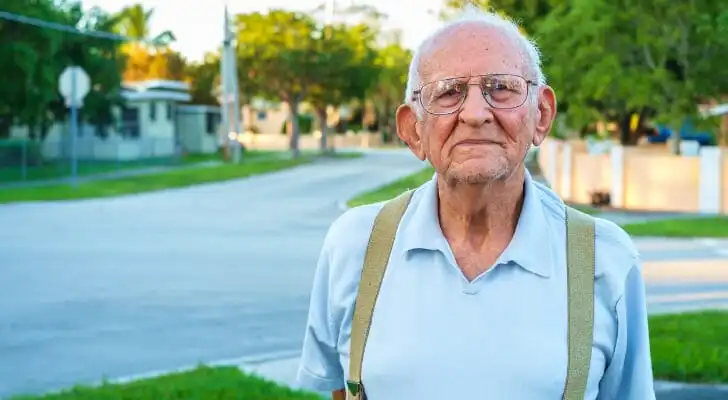Surviving spouses are not the only ones eligible for survivor benefits—also known as a widow’s pension—under the 1939 amendments to the Social Security Act. Other parties close to the deceased may also be able to claim Social Security benefits on their record. The Social Security Administration sets specific rules for widow’s pension payments. Below is an overview of eligibility and payment calculations. Consider working with a financial advisor to create a comprehensive financial plan for retirement.
What Is a Widow’s Pension?
A widow’s pension refers to Social Security benefits provided to a deceased person’s eligible family members. Social Security funds these payments through payroll taxes collected from workers. A portion of each payment automatically funds survivor benefits.
Survivor benefits help replace lost income for widows and widowers. In some cases, surviving family members could be thrown into poverty without the deceased there to provide. For retired spouses, Social Security provides an additional income stream to support the household.
Survivor benefits are different from the one-time death benefit paid to a deceased worker’s spouse or family. Survivor benefits, on the other hand, are paid monthly.
Who Can Receive a Widow’s Pension?

A widow or widower can receive survivor benefits at age 60 or older. If you are disabled, that drops down to age 50. Claiming benefits at 60 results in a reduced amount since it is before full retirement age. If you wait until your full retirement age, then you will receive the full benefit. Disabled widows and widowers can receive full benefits if the disability began at least seven years before or within seven years of their spouse’s death. Remarriage will not affect your widow’s pension in either case.
Divorced spouses qualify for survivor benefits if the marriage lasted at least 10 years. Like in the previous case, your benefits will not be affected if you remarry. You must be age 60 or age 50 if you are disabled. Your benefits will be reduced if you choose to receive them before your full retirement date. If you are in a domestic partnership, you are not eligible to receive a widow’s pension even if domestic partnerships are legal in your state.
Surviving spouses and divorced spouses caring for the deceased’s minor child qualify for full benefits. That child must be disabled and under age 16. In this case, if you are divorced, you don’t have to meet the rule concerning the years you were married. If you are a widow in this same circumstance, you can receive benefits at any age. However, this may reduce benefits for other household members.
How Much Is a Widow’s Pension?
A widow’s pension amount varies based on individual circumstances. There are rules that cover all the possible scenarios. One size does not fit all. One key factor is whether the deceased paid into Social Security. A person must generally work at least 10 years to qualify for Social Security, though some exceptions exist.
Here are the benefit amounts you would receive in different scenarios. Divorce does not affect eligibility for survivor benefits. The percentages below reflect the deceased worker’s benefit amount:
- Widow or widower at full retirement age or older: 100%
- Widow or widower from age 60 to full retirement age: 71.5% to 99%
- Widow or widower at any age but caring for a child under 16: 75%
- Disabled widow or widower from age 50 to 59: 71.5%
- Child under age 18 or disabled: 75%
- One surviving dependent parent age 62 or older: 82.5%
- Two surviving dependent parents age 62 or older: 75% to each
Bottom Line

Many older Americans rely solely on Social Security for income. If your spouse has paid into Social Security, you may be entitled to apply for survivor benefits, sometimes known as a widow’s pension. These benefits provide financial support to the families of deceased workers. Contact the Social Security Administration promptly, as survivor benefits take time to process.
Retirement Planning Tips
- A financial advisor can offer valuable guidance and insight as you consider how to approach retirement. Finding a financial advisor doesn’t have to be hard. SmartAsset’s free tool matches you with vetted financial advisors who serve your area, and you can have a free introductory call with your advisor matches to decide which one you feel is right for you. If you’re ready to find an advisor who can help you achieve your financial goals, get started now.
- Retirement planning can be as complicated as it is important. Use SmartAsset’s retirement calculator to take a look at different possible scenarios regarding your Social Security benefits.
Photo credit: ©iStock.com/Tinpixels, ©iStock.com/Bill Oxford, ©iStock.com/RAUL RODRIGUEZ
